As my first day in Assisi regretfully comes to a close, I still haven’t been to Francis’ mountain hermitage.
I was advised against it by locals who observed that the place closes at sunset, and the sun sets pretty early around here at this time of year. It would have closed probably just as I was arriving. So I’ll try again tomorrow.
Instead, I wandered around the old city, which is physically quite exerting, since the city is built on a surprisingly steep hillside. The streets of the old city are absolutely charming. I’m starting to imagine that Heaven not only abounds with truffles, but also with streetscapes like this:
It helps that it’s Christmas, and there are lights everywhere. It also helps that I spent the last few days before these ones in Rome. I don’t know why anyone would want to live in Rome. I don’t! But Assisi? That’s another matter.
When I returned to the hotel tonight, the concierge solved the mystery of St Agnes’ burial place. She is buried with her mother Bl Ortolana, and her sister Beatrice, both of whom joined the Poor Clares and died in the cloister. All three nuns are entombed in the chapel of the Blessed Sacrament, where I spent several hours today without ever noticing the graves.
One thing I have noticed is that there are a lot of young families wandering around Assisi. This contrasts with my impressions in Rome this week, and in Spain last year — the beatification ceremony of Bl Alvaro del Portillo notwithstanding. You just don’t see many children in Europe, largely because there aren’t many. But here, in Assisi, they’re everywhere. Which only serves to highlight, I deduce, that Assisi is a uniquely religious tourist attraction. The young parents here are counter-cultural. They are devout, and they have children.
If it wasn’t for Francis and the Franciscan movement he inspired, Assisi would be just one more stunningly beautiful but unremarkable medieval town, like the many others which populate provincial Italy. There aren’t any secular tourist attractions here. So the crowds that come — and they do come, if today is any measure! — are pilgrims, who are attracted by the life and legacy of St Francis, St Clare, and other holy collaborators.
The faith in Assisi is tangible. It’s in the crowds, in the relics and shrines, and in the very alley ways and city walls. It makes me wonder why elsewhere in Europe — elsewhere in Italy — Catholicism is in terminal decline.
Some people point to the secularist trends which characterised the second half of the twentieth century and proved unstoppable. But that’s a bit vague.
Others point to the Second Vatican Council. Some say it didn’t go far enough. Its spirit was thwarted, its promises dashed in retrograde acts like the promulgation of Humanae Vitae. The pontificates of Paul VI and John Paul II undid all the good work of John XXIII, and clergy, religious, and people left in droves.
I find that explanation impossible to swallow. I was brought up on ‘conciliar Catholicism,’ and it neither attracted me or repulsed me. Its fruits, at least in my own experience, were tepid. It was only after I was exposed to Catholic traditions and practices which many people would call ‘pre-conciliar’ that my faith was personalised and deepened, and my love of God nourished.
Then there are others who point to the Second Vatican Council for different reasons. The vast majority of people in my own parish were catechised before the Council. Many of them blame the Council all right. But they don’t lament that it was thwarted. They lament that it was allowed to produce two generations who don’t know Catholic doctrine, who reject Catholic morality, and don’t come to Mass.
I’m not convinced that’s the answer either. It sounds feasible in the context of the Australian experience to deduce a causal link between the Church’s decline and the impact of the Council, but by all accounts the Church’s decline in Europe preceded the Council by many years.
So what’s the answer? Insofar as cause is concerned, I don’t know. Insofar as remedy is concerned, the answer is as simple as it is challenging. The Church need saints, who can do in our time what Francis and Clare did in theirs.
But instead, the Church has you and me. Better get cracking then.
“Sanctify yourself and you will sanctify society.”
— St Francis of Assisi

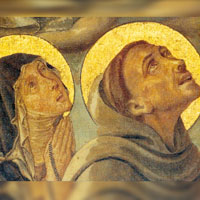
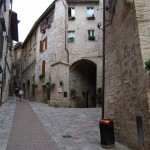


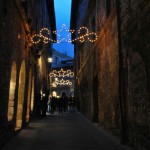
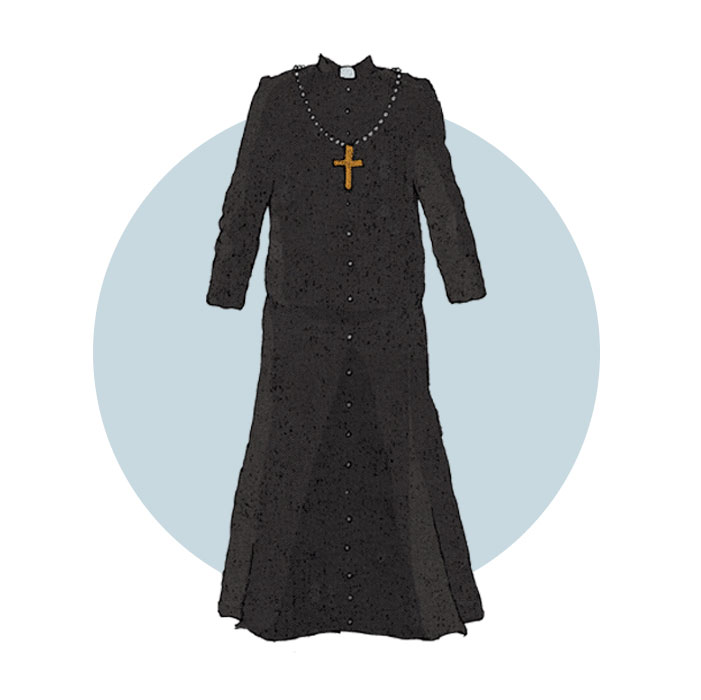

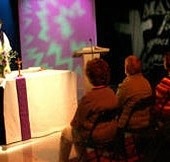
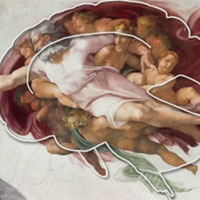
Recent Comments